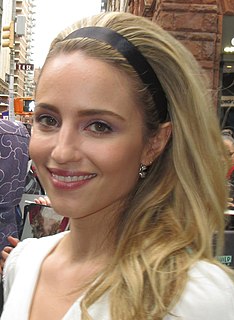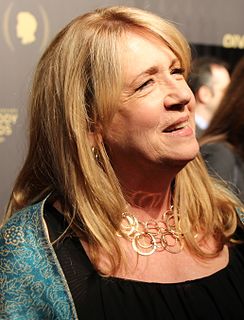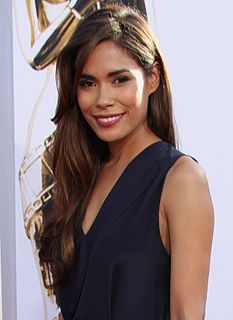A Quote by Russi Taylor
I had done some stuff on camera, then I did some film dubbing when I lived in Europe. When I came back, I'd considered doing on-camera work again, but I didn't really like it.
Related Quotes
If I'm traveling, I'll take a film camera and a digital camera because sometimes there are moments where, if you've lost it, or if coming back and it accidentally goes through the X-ray machine and it gets overexposed, you might have had a really important moment to you and you would be really upset that you didn't have a back-up.
I had very good LSD, but the problem was - I tried making a film, or doing some filming, when I was on LSD, and it's impossible. I couldn't focus. I tried focusing, but when I looked through the lens, I'd see all different layers of focus, and I couldn't find which was the real one behind the camera. And I just thought, this does not work, and I never tried that again.



































